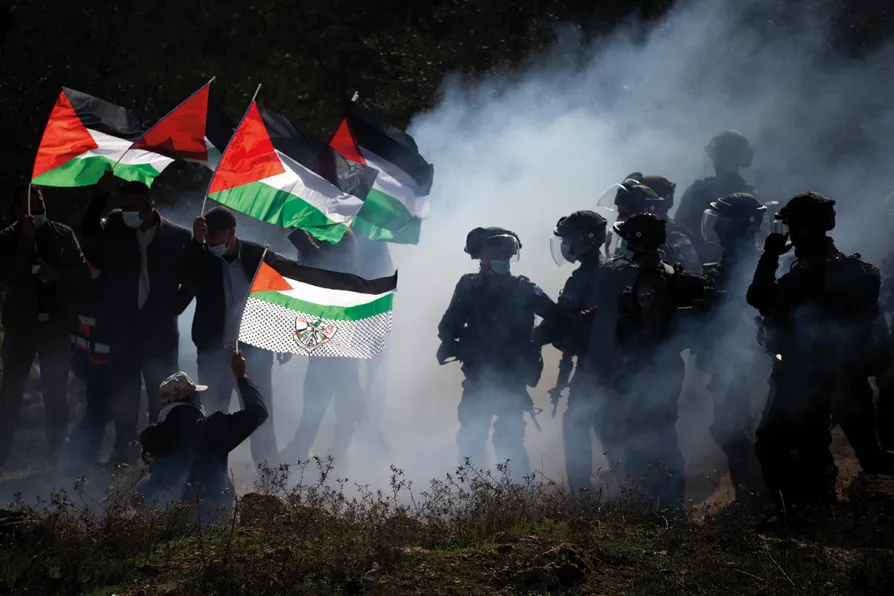From training Israeli colonels during the slaughter to protecting Israel at the UN, senior British figures should fear Article 3 of the Genocide Convention that criminalises complicity in mass killing, writes IAN SINCLAIR


UNLIKE the last Palestinian parliamentary elections in 2006, the big story, this time, was not the Fatah-Hamas rivalry. Many rounds of talks in recent months between representatives of Palestine’s two largest political parties had already sorted out much of the detail regarding the now-cancelled elections, which were scheduled to begin on May 22.
Both Fatah and Hamas have much to gain from the elections; the former relished the opportunity to restore its long-dissipated legitimacy as it has ruled over occupied Palestinians, through its dominance of the Palestinian Authority, with no democratic mandate whatsoever; Hamas, on the other hand, was desperate to break away from its long and painful isolation as exemplified in the Israeli siege on Gaza, which ironically resulted from its victory in the 2006 elections.

With foreign media banned from Gaza, Palestinians themselves have reversed most of zionism’s century-long propaganda gains in just two years — this is why Israel has killed 270 journalists since October 2023, explains RAMZY BAROUD

Gaza’s collective sumud has proven more powerful than one of the world’s best-equipped militaries, but the change in international attitudes isn’t happening fast enough to save a starving population from Western-backed genocide, argues RAMZY BAROUD

RAMZY BAROUD asks why it has taken so long for even left-wing voices in the West to call out what Israel is doing

RAMZY BAROUD explains why the world can no longer ignore Palestine














